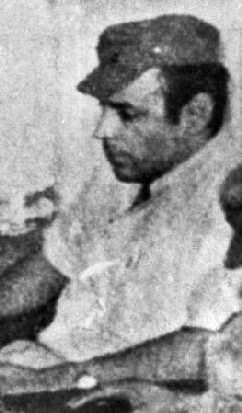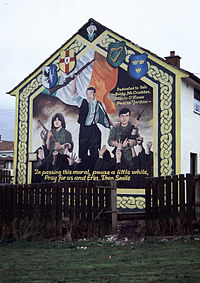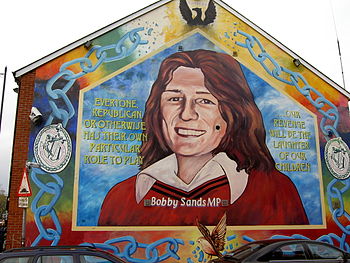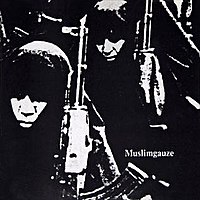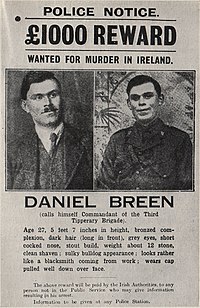| Abu Nidal (Photo credit: Wikipedia) |
The biggest threat to the three is a loss of business class travellers, probably the only people who will lose out significantly. While it's great for parents to provide kids with tablets to keep them entertained (those of us without children clearly think this is just bad parenting, but that's quite another kettle of marmosets), Emirates' much-lauded ICE entertainment system offers films, music, games across literally thousands of channels. The big hit comes when you lose that precious work time.
The solution appears to me to be blindingly simple - and if EK moves fast enough, they could get in a massive media hit out of this one. Buy in 100 Chromebooks, 600 Lenovo Ultrabooks and 300 Macbook Airs. Load them with MS Office. Provide them on loan to business class passengers (they could be booked at time of flight booking or even online check-in) who can bring a USB memory stick (or, if they forget, be offered a complimentary little red Emirates one) to bring/save their work on. To be honest, most these days work with online resources anyway, so could log in using any machine. The machines would be cleaned (both hygenically and data-wise) after each use. The IT stuff could be handled by EK subsidiary Mercator, already (quietly) one of the world's great software and services players.
Catch the current news cycle and you've got the solution in seconds. It might not fit everyone's needs, but it'll comfort many - and I think catch the public imagination, too. In the face of a mean-spirited and dubious use of security as protectionism, EK could show it's the customer who comes first and they're willing - as always - to go the extra mile.
The ban is, of course, quite loopy. For a start, UAE security and civil defence is way better than US security. Dubai and Abu Dhabi are major international hubs and trusted by tens of millions of passengers each year. Their security procedures and capabilities are best practice. And there's nothing to stop a terrorist flying a bomb from Paris or St Petersburg - the idea that only Arab airports could be the source of a threat is as risible as Trump's Muslim ban. Which targets, it should be noted, different nations to the laptop ban.
Not that I, for one, am in any rush to go to the US. I have stamps in my passport showing a lifetime's travel around the Middle East and no desire whatsoever to stand there having some jerk in a uniform shouting at me and asking to look at the contents of my laptop.
This whole thing about making us dance around airports in our socks and ditching Masafi bottles because they could be bombs (presumably the water bomb is these days considered a credible threat) has long rendered me sore amazed. The IRA's last bomb on the UK mainland weighed a metric tonne, was packed in a lorry and blew out the heart of Manchester, doing £1 billion of damage. The concerted and sustained terrorist campaign waged by the IRA against the might and weight of the UK's civil defence and military over thirty years compares rather oddly to the threat posed by a bunch of bloodthirsty yahoos in Toyota pickups. It's what prompted me to write A Decent Bomber in the first place - that odd juxtaposition of the threat from today's water-bomb terrorism to the constant destruction wreaked in the skies by the IRA, PLO, Abu Nidal, the Red Brigade et al.
We have never been so constrained by, or constantly reminded of, the threat of 'terrorism' as we are today. And the credible threats have never been so slight - particularly when set against the efficiency of modern security apparatus. You might argue that we're safe precisely because that apparatus has stopped us bringing water bottles or unscanned heels onto flights, but in travelling outside the UK I have noticed nobody else out there is really bothering that much. And it'll be interesting to see if the rest of the world believes in the credible threat of a weaponised Kindle being stored in the hold rather than being used to read on a flight...

